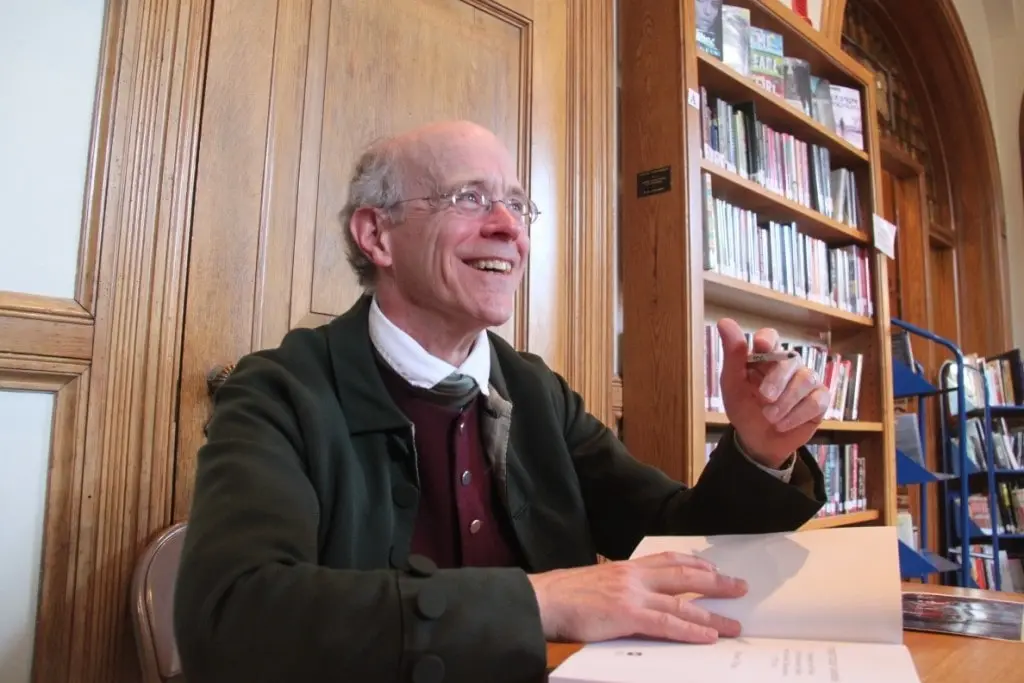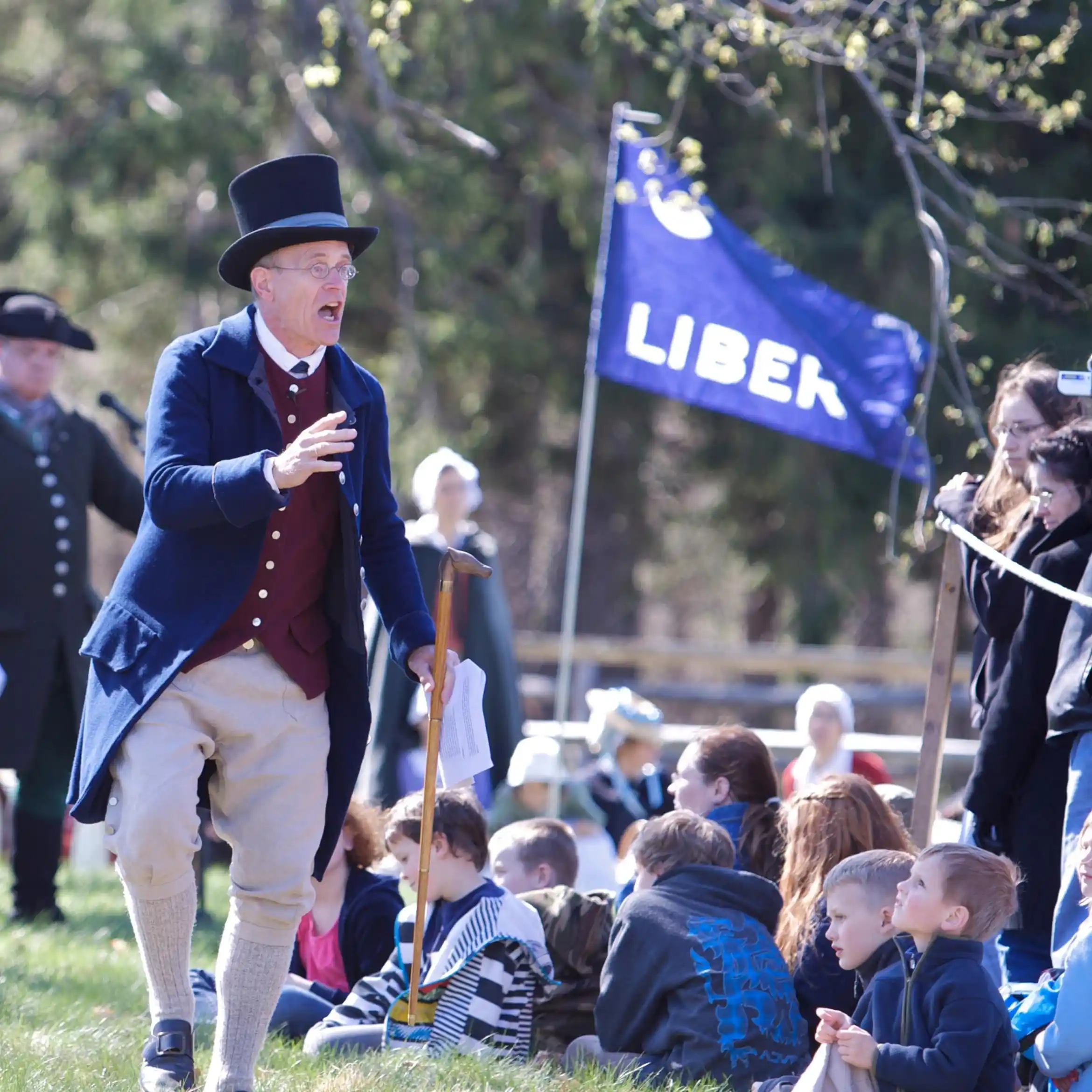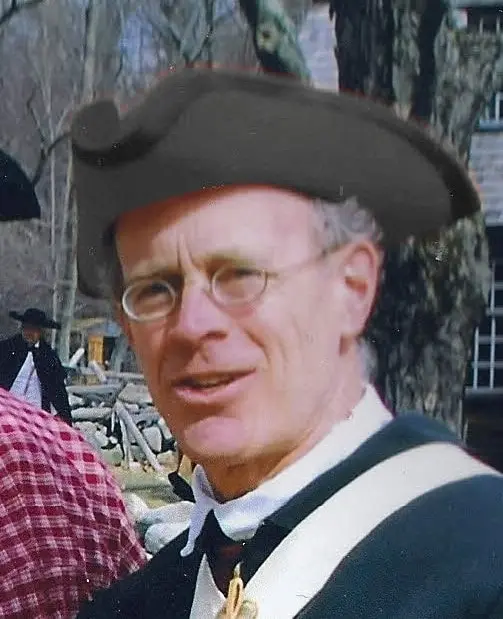

Richard C. Wiggin is a historian, former Executive Director of The Bostonian Society (now Revolutionary Spaces), and former Captain and Historian of the Lincoln Minute Men. His award-winning book, Embattled Farmers: Campaigns and Profiles of Revolutionary Soldiers from Lincoln, Massachusetts, 1775-1783 (Lincoln Historical Society, 2013), chronicles the American Revolution through the experiences of 256 soldiers from a single New England farming community. As a living historian and battlefield volunteer at Minute Man National Historical Park, Mr. Wiggin appears regularly in school classrooms and enjoys speaking before civic and historical groups.
He has organized and conducted scores of public ceremonies and written audio tours for Minute Man National Historical Park and Boston’s Freedom Trail. His articles have appeared in Alaska Magazine, The Boston Globe, the Civil War Courier, The Lincoln Review, and American Ancestors.

The Author Speaks About Polly Sumner:
I was introduced to Polly Sumner when I served as Executive Director of The Bostonian Society (now, Revolutionary Spaces) which runs the Old State House. I was immediately struck by this doll’s ability to bridge nearly 250 years of history, captivating and acquainting young people with this country’s historical roots—even inspiring fan mail from some young visitors. My hope is that young readers of this book will be similarly inspired to reach out to connect with Polly and learn more about the revolutionary history of America, along with our nation’s founding ideals. These are essential touch points for navigating the future of American democracy.
Most of what we know about Polly Sumner is from the family lore of the Sumner/Williams/ Langley family. The details of family lore can be hard to verify, but it is almost always based upon some element of truth. Purists will note that the Amy of this story is difficult to reconcile with the genealogical record of the family. Although we may never know the full story of this historic doll, this account follows the commonly accepted elements of Polly Sumner’s historic journey.
Polly’s presence in Boston following the British evacuation, as well as at the public reading of the Declaration of Independence, is not found in the family lore. I have added those pieces to complete the story arc, but those are the only liberties I have taken with the family lore or the historical record. The reading of the Declaration of Independence at the Old State House is as described by Abigail Adams, and others who were present. Mr. Williams’ presence at Dorchester Heights is conjecture. Service records show various individuals named John Williams in service early in the war, including at Dorchester Heights, but none of these records have been positively identified as the John Williams of this story.


